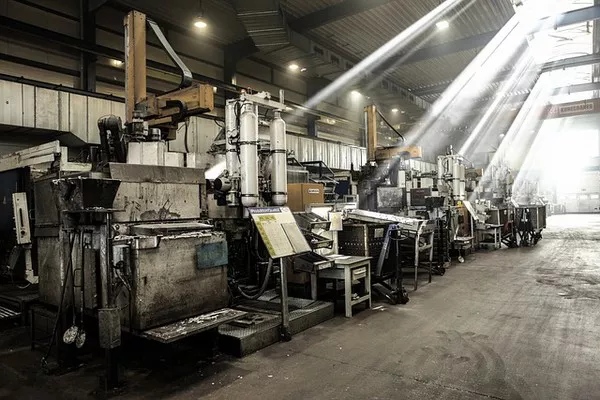On Monday, the U.S. Department of Commerce announced its intention to prohibit the sale of connected and autonomous vehicles that utilize Chinese and Russian software and hardware, citing national security concerns aimed at protecting American drivers.
While the presence of Chinese and Russian software in U.S. vehicles is currently limited, hardware poses a more complex issue. Consequently, the department has set a timeline for the prohibitions: software restrictions will take effect for the 2027 model year, while hardware restrictions will be implemented by January 1, 2029, for units without a model year, or for the 2030 model year.
According to the Commerce Department, this proactive measure is crucial, given the potential vulnerabilities associated with various in-car technologies, such as microphones, cameras, GPS tracking, and Bluetooth systems. These features could expose personal information, including drivers’ home addresses and the locations of their children’s schools.
In extreme scenarios, U.S. Secretary of Commerce Gina Raimondo warned that foreign adversaries could potentially take control of multiple vehicles, leading to crashes and disruptions on roadways. “This is not about trade or economic advantage,” Raimondo stated. “This is a strictly national security action. Fortunately, we don’t have many Chinese or Russian cars on our roads at the moment.”
Raimondo noted that Europe, where Chinese vehicles have rapidly gained popularity, serves as a cautionary example for the U.S. regarding security concerns related to software in vehicles. Janka Oertel, director of the Asia program at the European Council on Foreign Relations, emphasized that questions surrounding data control and software updates are significant and touch on issues of national security and privacy.
Modern vehicles have evolved into “mobility platforms” that continuously monitor driver and passenger behavior while tracking their environments. A senior administration official revealed that data collected from vehicles often ends up in China, raising further security alarms.
“We’re issuing a proposed rule to preemptively address these national security threats before vehicles equipped with Chinese or Russian technologies become widespread in the U.S. automotive market,” Raimondo affirmed.
While it remains uncertain when Chinese vehicles might achieve significant market penetration in the U.S., the Commerce Department acknowledges that several Chinese firms are already making plans to enter the automotive software sector. The inclusion of Russia in these regulations is due to its attempts to revitalize its auto industry.
The proposed rule would ban the import and sale of vehicles featuring software and hardware from China and Russia that enables external communication via Bluetooth, cellular, satellite, or Wi-Fi. It will also prohibit the sale of software components from these countries that allow highly autonomous vehicles to operate without a human driver. This ban would apply to all vehicles, including those manufactured in the U.S. using foreign technology, though exceptions will be made for vehicles not intended for public roads, such as agricultural or mining equipment.
While U.S. automakers support the national security objectives of this initiative, they noted that there is currently little connected vehicle technology from China in the U.S. supply chain. However, the Alliance for Automotive Innovation, a major industry group, expressed concerns that these new regulations may force some automakers to urgently seek new parts suppliers. “You can’t just flip a switch and change the world’s most complex supply chain overnight,” stated John Bozzella, CEO of the alliance.
The lead time established in the new rules may allow some automakers to adapt, but it could be insufficient for others. Commerce officials have engaged with major automotive companies and industry associations while formulating the proposed rule to better understand the intricacies of supply chain networks.
The Commerce Department will accept public comments for 30 days following the publication of the proposed rule, which is expected to be finalized by the end of the Biden Administration. This move aligns with recent actions taken by the Biden administration to reduce reliance on cheap Chinese imports, including electric vehicles, and strengthen domestic industry.

